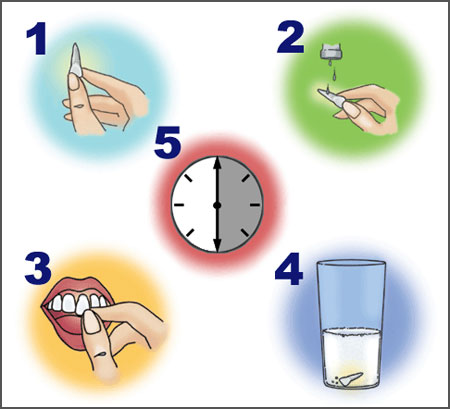Providing Quality Endodontic Care
We combine technology with our training and years of experience to ensure that you will receive the best care possible.
![]()
Not only do we employ the latest technology in our office, but we are in a multi-specialty building with the other five major dental specialties all occupying the same building. We always work closely with the referring general dentist, who oversees the patients overall treatment plan and long term dental care, however, sometimes upon consulting with the dentist, it is determined that the patient should have a consultation/evaluation from another specialist. Increasingly we are faced with patients who require the expertise of not only our specialty, but also of one or more of the other specialists as well. This multi-disciplinary approach to dentistry ensures that we treat all aspects of the problem and assures the highest level of care. Usually we can simply walk down the hall to one of our colleagues offices and expedite this process.
Our office employs the latest technology, including digital x-rays, microscopes, electronic or digital measuring devices, electric (quiet) drills for performing the root canal, and special tools that allow us to fill the canal using a “warm technique”.
We offer, at a nominal charge, Nitrous Oxide (otherwise known as laughing gas) for our patients that need to ease their anxiety. I.V. sedation may be arranged for our younger patients or those that suffer from dental anxieties.
We also offer CBCT Cat Scans for our patients.
Se Habla Español.

We combine this technology with our training and years of experience to ensure that you will receive the best care possible.
